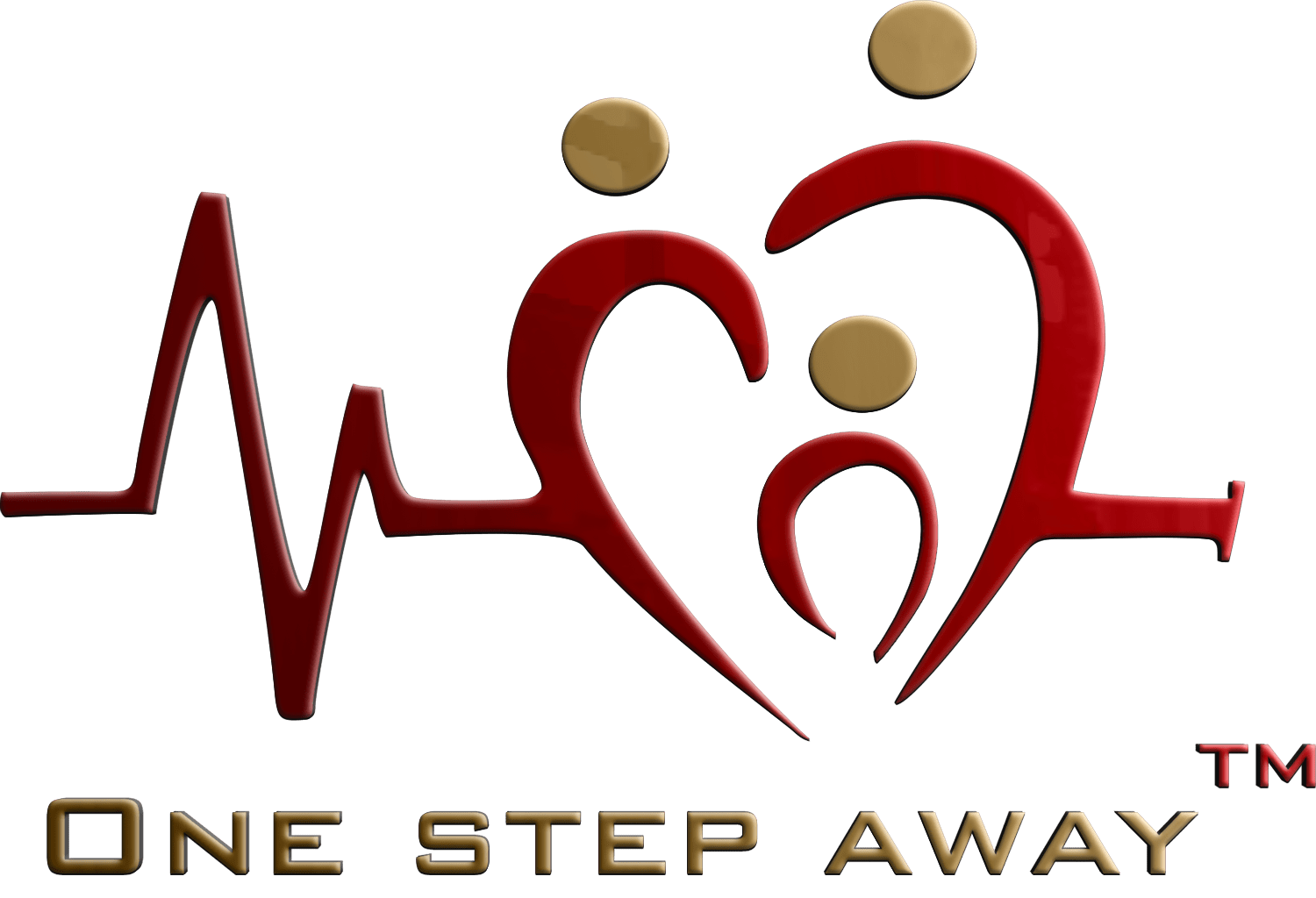Dr. Bindiya Dhupper completed her MBBS from Seth G.S Medical College and KE
- 7 Bala ji Plaza Grover Market Hisar, Haryana, India 125001
About Dr. Bindiya Dhupper:
Hospital: Gobind Nursing Home
City: Hisar
Qualification: M.S., FLVPEI, Consultant - Cornea, Cataract, Lasik & Refractive Services
Dr. Bindiya Dhupper completed her MBBS from Seth G.S Medical College and KEM hospital in Mumbai in 2001.She completed her post-graduation in Ophthalmology from B.J Medical college, Ahmedabad in 2006.She has completed her Cornea and Anterior Segment fellowship from the prestigious and world renowned L.V Prasad Eye Institute located at Hyderabad in 2009. She then joined Vasan Eye care as a consultant in Chennai and later moved to Delhi in 2011.She headed the Refractive Surgery Dept. at Vasan Eye Care, Delhi and has trained many doctors in performing LASIK and ICL. She worked as a consultant in Eye Q Superspeciality Eye Hospital, Hisar from 2015 to 2018.She has more than 15 years of experience in the field of Ophthalmology. She is very passionate about her work in refractive surgery such as LASIK, ICL. Her areas of interest are keratoconus management, treatment of ocular allergy and dry eye, and corneal transplantation.
Services
When it comes to vision correction surgery, many patients immediately think of LASIK (laser-assisted in situ keratomileusis). This recognizable procedure is a type of corneal refractive surgery – a laser procedure that changes the shape of the cornea and how light reflects onto the retina, thus improving vision. Both LASIK and PRK use a laser to reshape the cornea, the clear outer layer of your eye that focuses light so you can see clearly. But they do it in slightly different ways. LASIK creates a thin flap in the cornea. PRK removes the outer layer of the cornea, which grows back over time.
